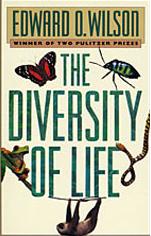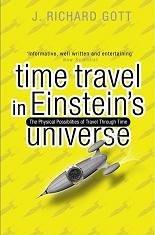
The Diversity of Life
E. O. Wilson
424 pages
published in 1992
The Diversity of Life is the first E. O. Wilson book I’ve ever read and I finished it impressed. Writing science books aimed at a lay audience is not an easy job to do, having to explain difficult concepts to an audience of whom you can’t assume they have the background to understand them immediately. And you need to do this without boring your audience or telling too many lies-to-children. E. O. Wilson manages to do this with a concept as big and fuzzy as biological diversity, is a tribute to his writing.
Wilson is a biologist, who first rode to a certain amount of fame and infamity in the seventies, for popularising the concept of sociobiology. As a biologist he spent a large part of his career studying social insects, especially ants, from the study of which he also derived some of his ideas about sociobiology. For his research he spent quite some time in developing countries, seeing the ongoing destruction of wild habitats up close, so it’s no wonder that he became a passionate environmentalist.
